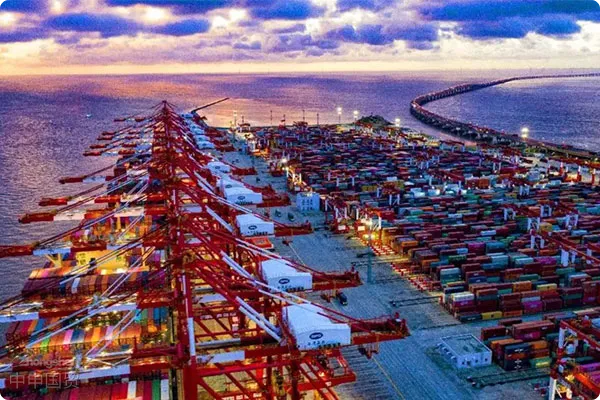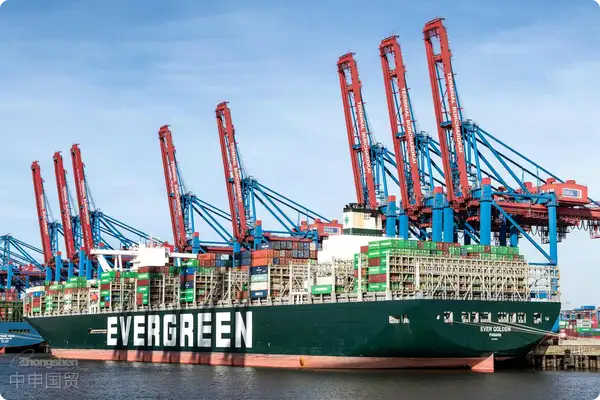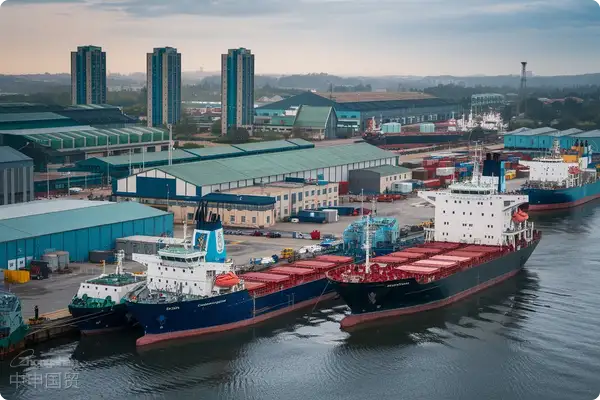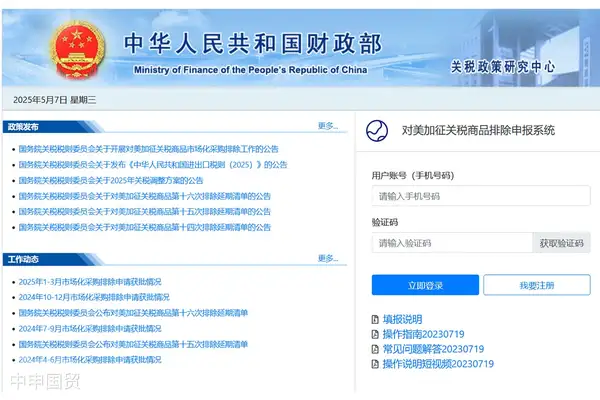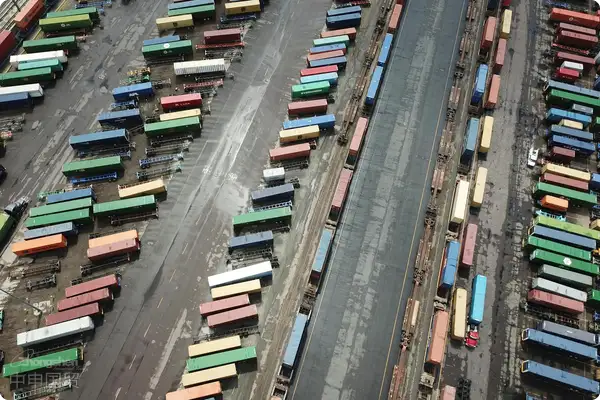- Shanghai Zhongshen International Trade Co., Ltd. - Two decades of trade agency expertise.
- Service Hotline: 139 1787 2118
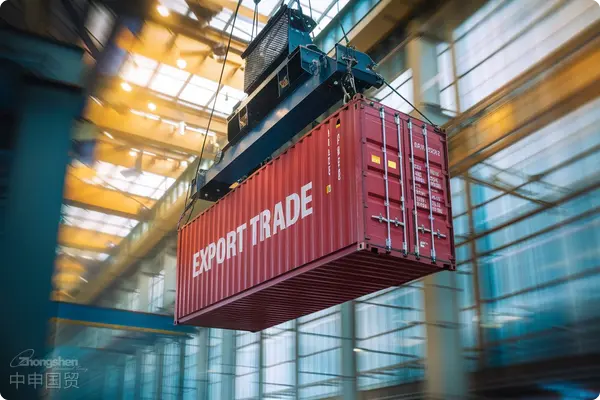
Recently, the European Union and Brazil launched anti - dumping investigations on titanium dioxide from China and imposed high anti - dumping duties. For production enterprises involved in this field, anti - dumping investigations not only increase export costs but may also affect the competitiveness of enterprises in the international market. So, how does anti - dumping occur? How should enterprises adjust their pricing after an anti - dumping investigation? What specific strategies are available when dealing with anti - dumping measures of various countries? This article will analyze them one by one for you.
I. The Generation of Anti - Dumping
Anti - DumpingIt refers to the act of imported products entering the market of the importing country at a price lower than their normal value, thus causing damage to the relevant industries of the importing country. Generally speaking, the generation of anti - dumping needs to meet the following three conditions:
- Existence of Dumping Facts: The exported products are sold in the market of the importing country at a price lower than their normal value.
- Causing Damage to the Domestic Industry: This dumping behavior has caused material damage or a threat of material damage to the domestic industry of the importing country, or has substantially hindered the establishment of the domestic industry.
- Causal Relationship: There is a clear causal relationship between the dumping behavior and the damage to the domestic industry of the importing country.
According to the relevant provisions of the Anti - Dumping Regulations of the Peoples Republic of China, dumping refers to the act of imported products entering the market at a price lower than their normal value in the normal course of trade. The normal value here can be the price in the domestic market of the exporting country, the price of exports to a third country, or the production cost plus a reasonable profit.
II. Pricing Precautions after Anti - Dumping Investigation
Facing an anti - dumping investigation, production enterprises need to take a series of measures in pricing to avoid a higher anti - dumping duty rate.
- Comply with the Anti - Dumping Laws and Regulations of the Importing Country: Ensure that the price of exported products is reasonable and fair, and avoid selling at a price lower than the normal value. This is a basic prerequisite for enterprises to avoid high anti - dumping duties.
- Submit a Price Undertaking: During the anti - dumping investigation, enterprises can make a price undertaking to the importing country, promising not to export at dumped prices or to adjust the export price. The role of the price undertaking is to suspend or terminate the anti - dumping investigation and reduce potential tariff burdens.
- Understand the Differences in Anti - dumping Rules among Countries: For example, in EU anti - dumping investigations, enterprises that do not submit the sampling form are usually levied the highest tax rate. In Brazil, enterprises do not need to actively submit the sampling form, and enterprises not selected may obtain the average tax rate. There are differences in rules and procedures among different countries, and enterprises must respond in a targeted manner.
- Pay Attention to Changes in Export Prices: Anti - dumping duties usually last for five years. If the export price during this period is lower than the price in the original investigation period, it may trigger another anti - dumping investigation. Therefore, enterprises should be cautious in adjusting export prices within five years to avoid significant price fluctuations.
III. Strategies for Dealing with Anti - Dumping
- Increase R & D Investment and Enhance Product Added Value: Increase investment in product research and development to produce high - value - added products that no longer rely on price as the main competitive means. This is one of the effective ways to fundamentally reduce the anti - dumping risk.
- Diversify Market Layout and Diversify Risks: Enterprises should try to avoid over - reliance on a single market and reduce the market risk brought by anti - dumping through global production layout. This also helps enterprises better respond to trade protection measures in different countries.
- Pay Attention to the Industry Chain Reaction: Titanium dioxide has been subject to trade remedy measures in many countries in the past two years. Enterprises should pay attention to the chain effect. For example, after some countries levy anti - dumping duties on Chinese titanium dioxide, other countries may follow suit. Enterprises should maintain sensitivity to global trade policies and make corresponding adjustments in a timely manner.
- Collaborate with the Government and Industry Associations: Enterprises can seek the support of the government and industry associations and actively participate in anti - dumping responses. This helps reduce the burden on individual enterprises and better safeguard the overall interests of the industry through collective strength.
IV. Conclusion
Facing the anti - dumping investigations of titanium dioxide by the EU and Brazil, enterprises need to adopt a multi - pronged approach. From compliant operation to global layout, and then to enhancing product added value, these are all important strategies for dealing with trade frictions. Anti - dumping investigations are a severe test for any export enterprise, but at the same time, they are also an opportunity for enterprises to reflect on and optimize their own business strategies.
We suggest that allforeign tradeenterprises, when responding to anti - dumping investigations, should focus on compliance, actively respond to the lawsuit, and at the same time, enhance their competitiveness in the international market through technological innovation and market diversification. In the ever - changing global trade environment, only by responding flexibly and innovating continuously can one gain a foothold in the international market.
Related Recommendations
? 2025. All Rights Reserved. Shanghai ICP No. 2023007705-2  PSB Record: Shanghai No.31011502009912
PSB Record: Shanghai No.31011502009912
